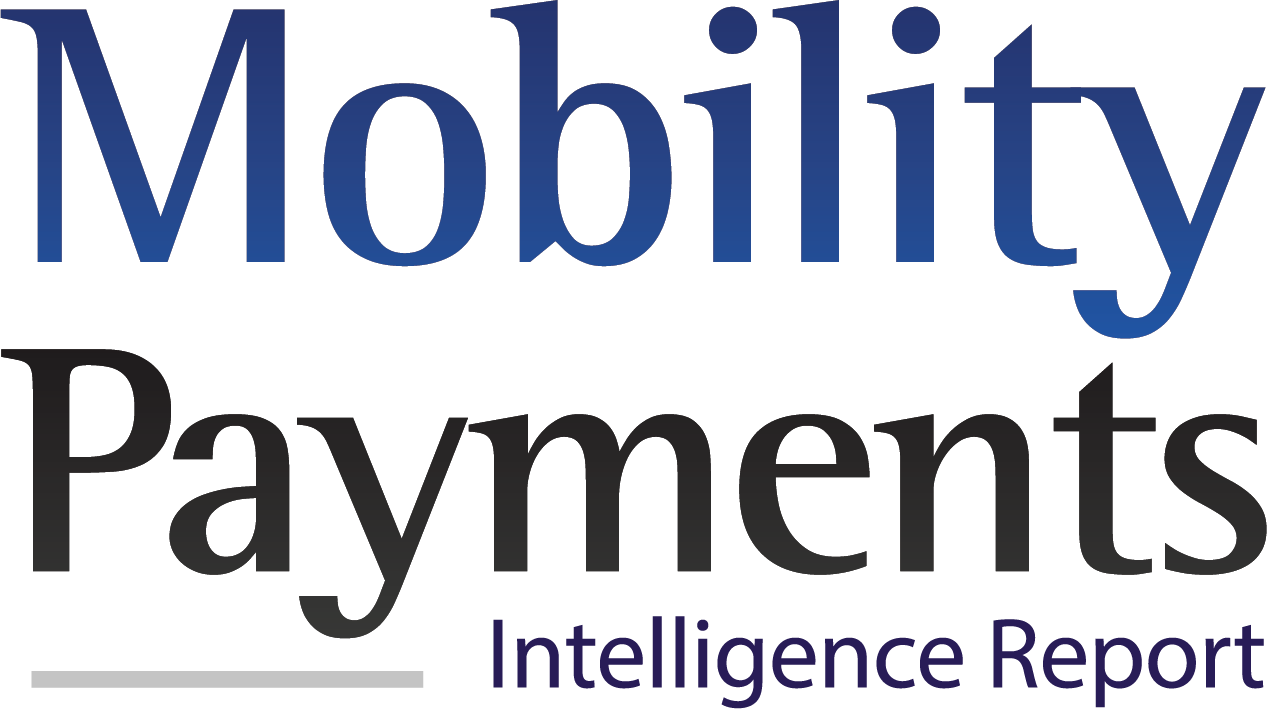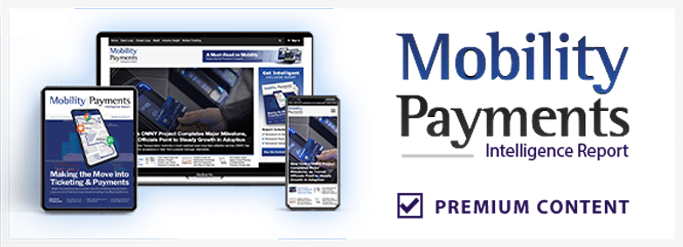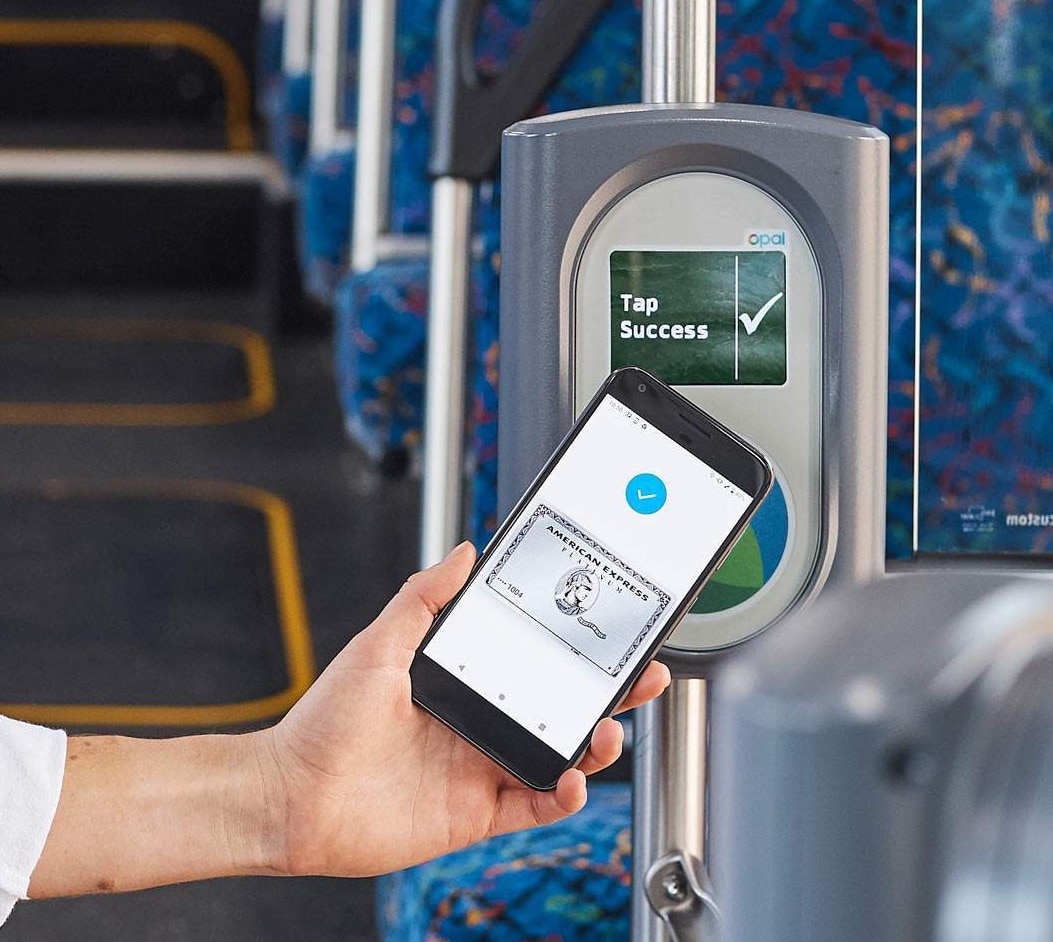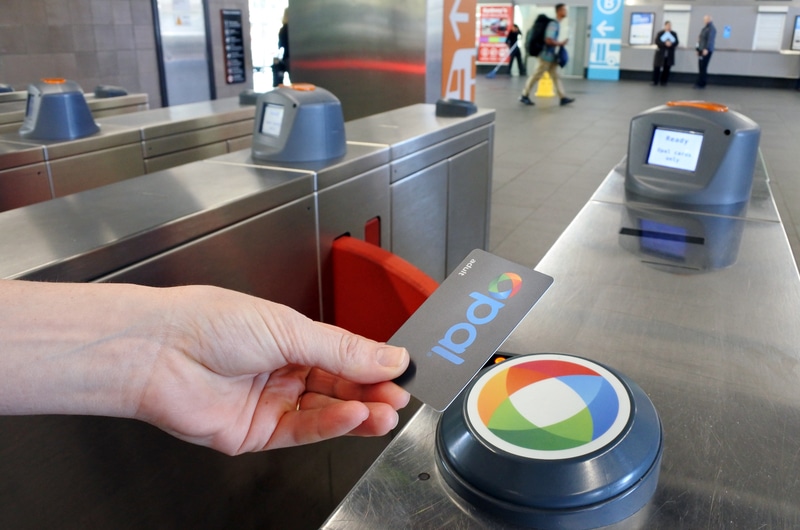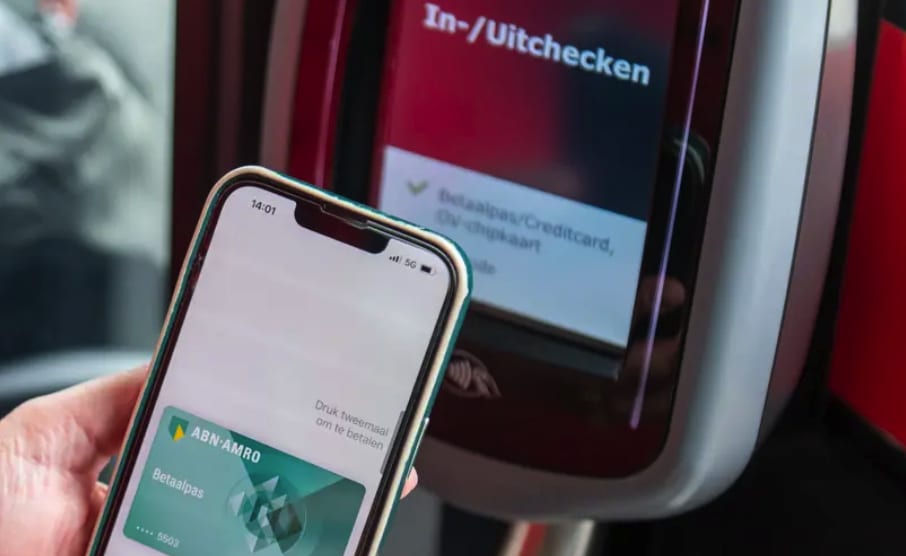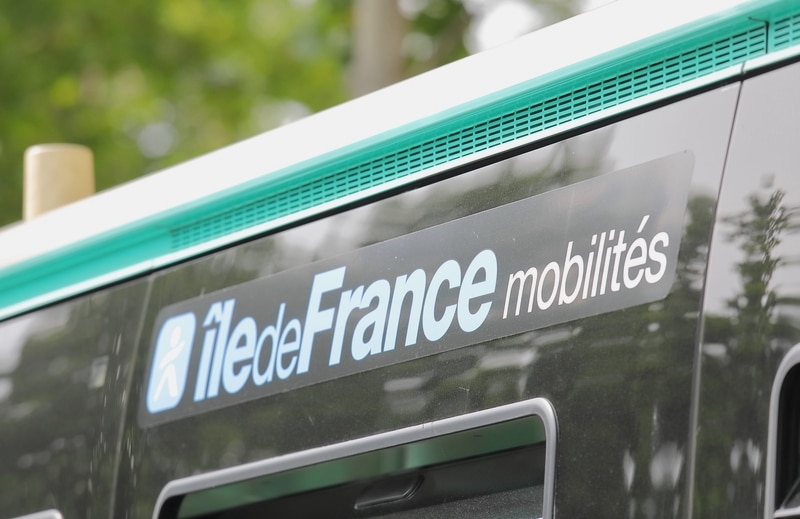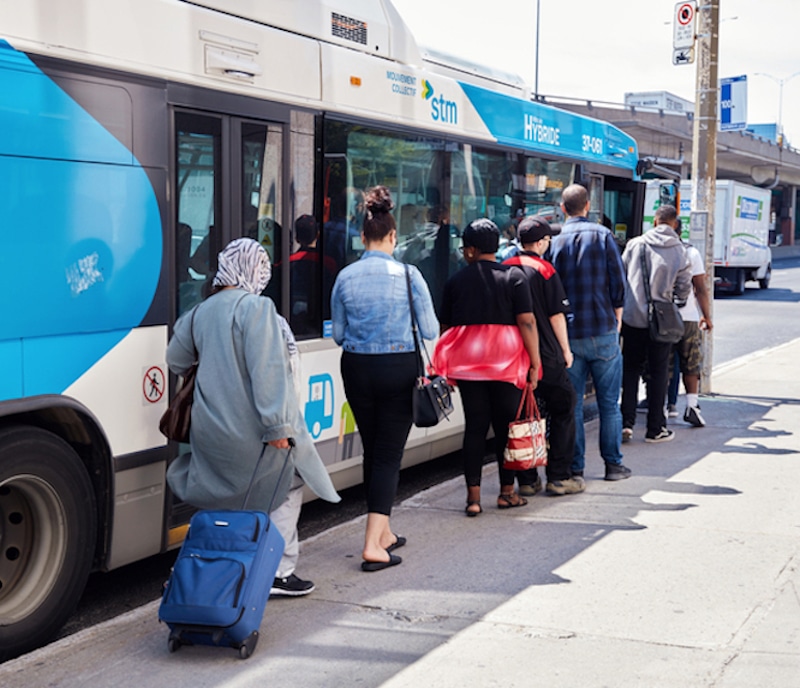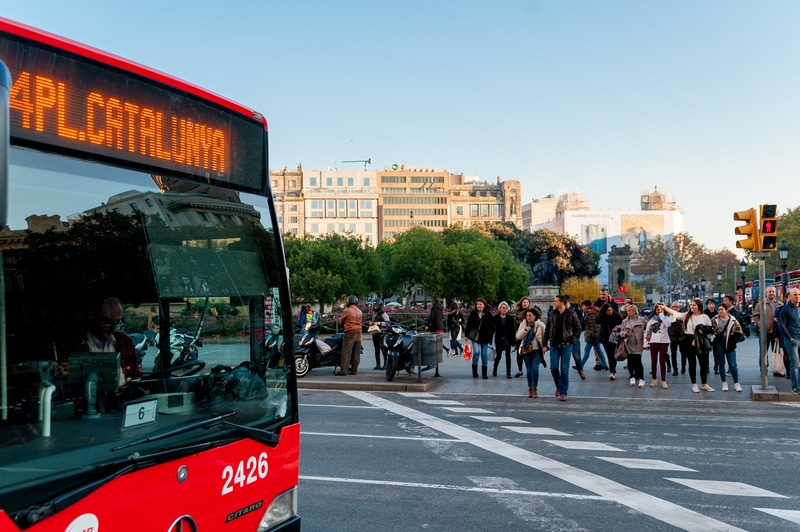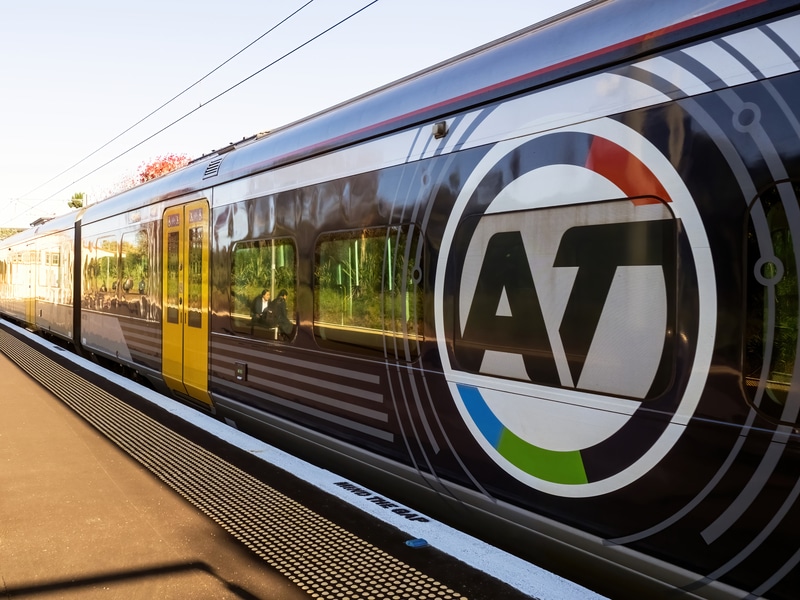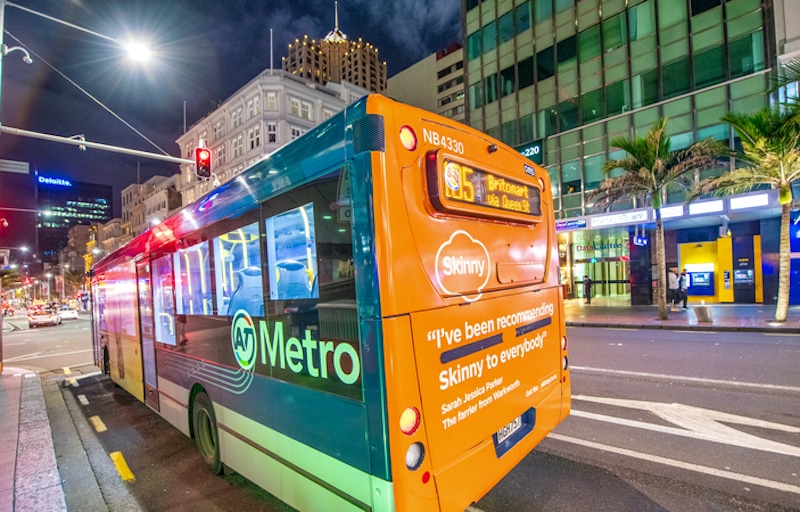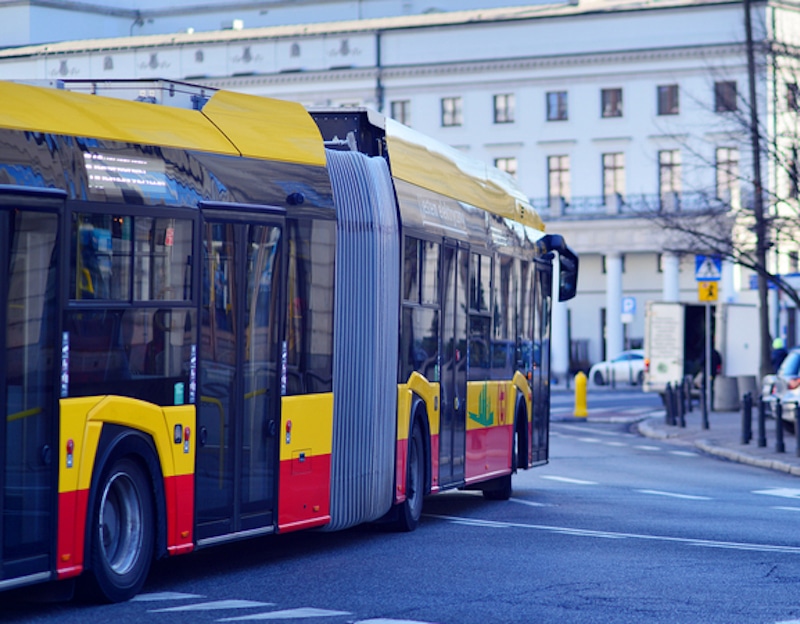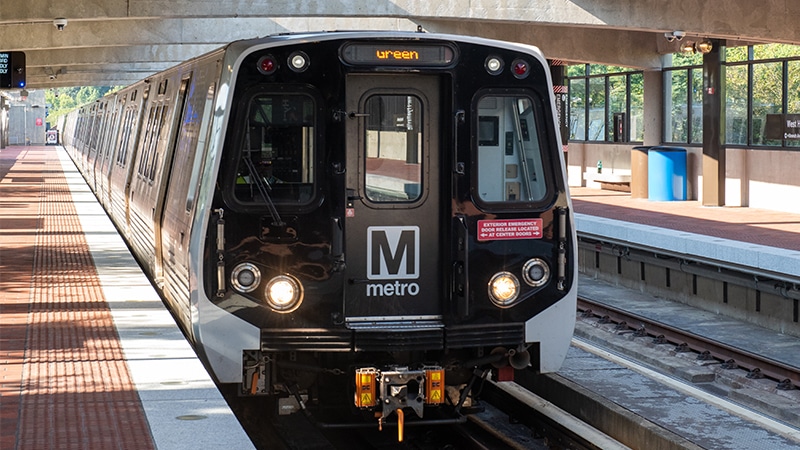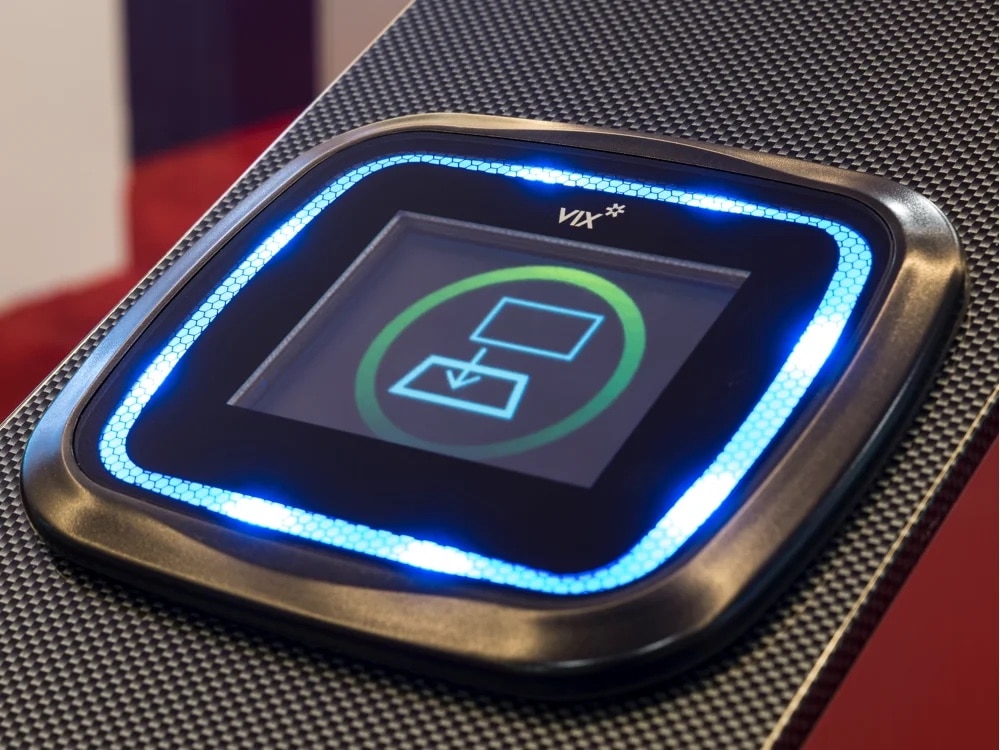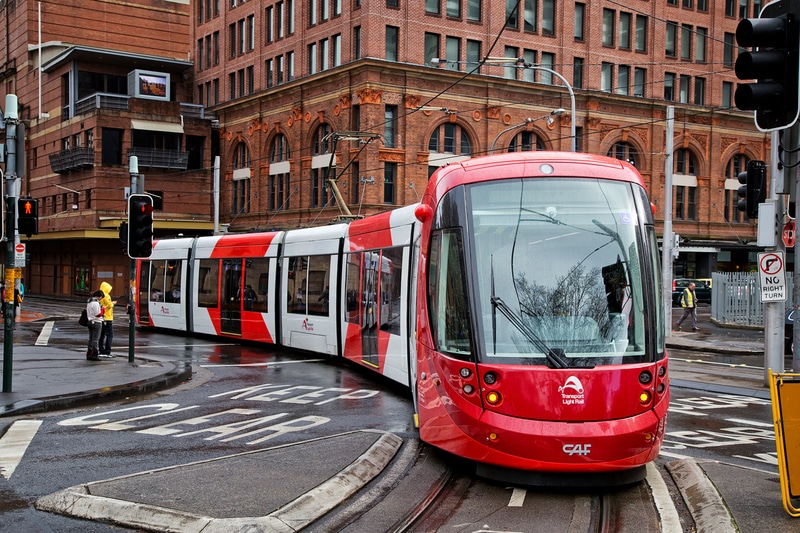
Article Highlights
The New South Wales government has released more details about its “Opal Plus” MaaS trial, which will offer a large number of weekly subscription plans that bundle rides on various public transport modes. In addition, users will apparently have to book rides with private mobility providers separately. Besides a MaaS app and digitalization of plastic Opal cards, agency upgrades will include new Opal terminals.
For the Opal+ MaaS trial, which Transport for NSW is now recruiting users for, there are eight separate weekly subscription plans. And the agency plans 18 more weekly subscription offers, mainly enabling users to ride for more kilometers per trip.
• Transport for NSW
• New South Wales Gov’t
• Apple
• Mastercard
• Moovit
• Commonwealth Bank
• Ola Cabs
• Silver Top Taxi
• Secure Parking
• Lime
• Neuron Mobility.
The New South Wales government in Sydney has released more details about its “Opal Plus” mobility-as-a-service trial, which will offer a large number of weekly subscription plans that bundle rides on the metro, trains, trams and buses in the Australian state. In addition, users will apparently have to book rides with private mobility providers separately.
